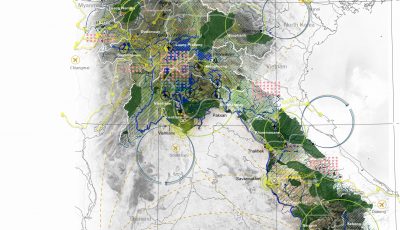Twice a year Shifting Paradigms gave lectures on cities and climate finance at Erasmus University Rotterdam – Institute of Urban Management, as part of their Urban Management Tools for Climate Change programme with UN Habitat.
Introduction
Cities are increasingly expected to undertake concrete actions to adapt to sea level rise, floods, droughts and other natural disasters exacerbated by climate change and climate variability. At the same time the planning and implementation of low carbon development strategies should support also national plans, contribute to climate change mitigation as well as result in other multiple local benefits. Mixing state of the art knowledge on climate change adaptation, resilience and low carbon development with hands-on tools for urban practitioners and on-site visits, the course offers participants the opportunity to learn the approaches, unlocking climatic challenges faced by cities today. Jointly run with the UN-Habitat, this course introduces climate change as an integral part of sustainability and the main strategies for mitigation and adaptation.
This course offers the opportunity to national and urban policy makers, city officials and planners to gain knowledge of cities’ vulnerabilities and their linkages with other human factors exacerbating climate stresses, such as land use management and planning decisions. The course will showcase different city and community-based management tools and approaches dealing with the need for adaptation and mitigation. It does so by utilizing lectures and discussions, serious gaming and simulations, data inventories analysis and action-planning group exercises. Participants will be engaged in group work using different tools for GHG emissions inventory, climate change actions prioritization (CLIMACT Prio tool), an online data base of climate technologies and actions (the Climate tech wiki) and UN–Habitat climate change related tools.
Objectives
By the end of the course participants will gain understanding and ability to apply key components of climate change planning with attention to vulnerability assessment, GHG emission inventories, climate action prioritization and climate change action plans. They will also learn to analyse low carbon urban development options and test their ability to negotiate climate action strategies under climatic uncertainty. Finally they will better understand the opportunities and challenges that cities have in relation to securing funds and mainstreaming climate change policies and actions into existing plans.
Client: Erasmus University Rotterdam – Institute of Urban Management
2013-2020



